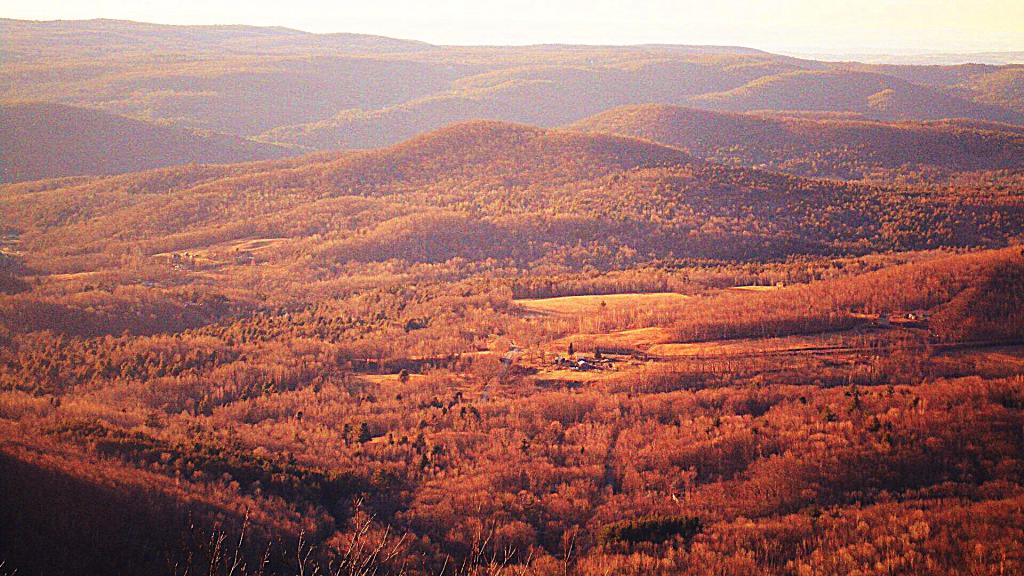I spend too much downtime flipping through the Land and Farm website, which markets hunting camps, farm land, off-grid properties, and other rural lands. It’s kind of a fun hobby to have as it doesn’t cost anything but the unlimited mobile bandwidth I currently have and is a good reminder that the money I save and invest today will have benefits tomorrow. I have some thoughts what the land would like and ads I’m most interested in. I’m not buying this week or next, but it lets me know what’s out there and what I could reasonably afford eventually.
- Generally the properties I’ve been looking at have been priced between $200k – $250k. I picked that amount as I think based on what I’ve saved and what I project to save, that gives me the ability to buy with cash plus have money to make repairs and address my significantly lower income when I move to rural area where fewer good-paying jobs are available.
- I am interested in properties that are roughly 50 acres give and take, with the value of land being roughly 2/3rd of the value of property. I am most interested in properties that have small cabins, shed-to-homes or even mobile trailers on them, because it means the majority of my investment goes into the land, not the home or barn itself, which for me is far less important.
- I would probably want to live at least 15-20 minutes outside of a small town, maybe 30-40 minutes from a bigger city, just so I don’t have to deal with suburban houses being built nearby and increasing codes and regulation as time goes by of my land and hobby farm operation.
- I am attracted particularly to land that needs work — land where invasive species have taken over, the soil degraded, run-off or a certain amount of dumping and debris exists on it and needs to clean up. These aspects will help reduce the cost of land, but also provide an enjoyable project to work on restoring the land using goats, pigs, fire and heavy equipment to clean and restore the land.
- I like the idea of either having diverse habitats on the land or rebuilding them. For example, areas that are mature forest for timber production, some that are brushy lands, some that are meadows for grazing animals. Maybe a wetland and small pond. This will bring in wildlife for hunting and trapping, and provide for interesting wildlife and bird observation.
- I want to have buffer from neighboring residential properties. I like the idea of having livestock, a gun-range in my backyard, and being able to burn trash and debris. But I don’t want to smell my neighbor’s pig pen and horny buck goat or smoldering burn barrel for endless hours while I’m trying to enjoy some fresh air outside.
- I don’t want to have to worry about keeping the noise down, or being too close to neighbors to shoot my guns whenever I want.
- I really like the idea of being off-grid — for the simplicity and self-reliance nature of it. I like if I have a problem with my electric supply, I can fix a fuse or replace a broken component. I don’t want to have to worry about my power going out. I want to keep the system simple enough that I can repair it myself. I want simple plumbing, so if I have issues I can fix them myself, and safely process and dispose of wastes on site, in ways that aren’t polluting the environment but returning them back to nature.
